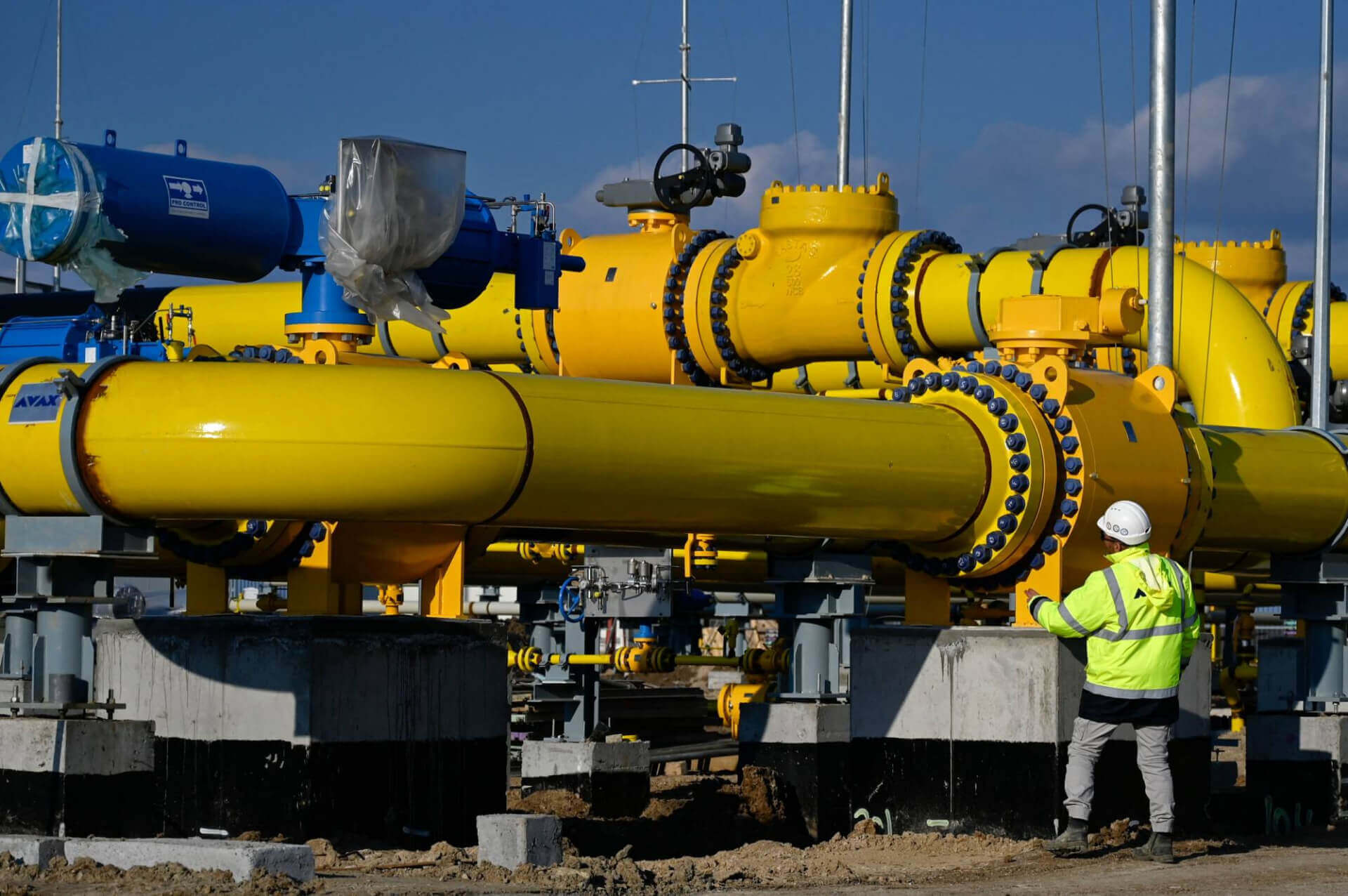UK and EU agree to ban insurance on ships carrying Russian Oil

01 June, 2022
After the European Council voted to ban Russian oil imports by sea, the UK and EU agreed to a ban on insuring ships transporting Russian oil. According to the Financial Times, the insurance restriction might have far-reaching consequences for Russian exports, since the country will be forced to seek insurance in smaller, less established markets.
A senior commission official also stated that the G7 countries were working on a ban on insurance. According to the official, the restriction would not go into force for six months, after which Russia will have “a tremendous issue shipping the material around.”
According to Michel, the partial restriction on Russian oil imports affects more than two-thirds of Russia’s oil imports, cutting off a major source of funding for the country’s military machine. As per the European Council leaders, the EU has agreed to restrict 90 percent of Russian oil imports by the end of the year.
According to Ursula von der Leyen, Russian oil carried by tankers would be prohibited, with an exception established for the southern part of the Druzhba pipeline. Officials originally recommended joining the US and others in blocking Russian oil a month ago as part of the EU’s sixth package of sanctions over the country’s invasion of Ukraine, according to CNN.
Some nations, like Hungary, are particularly reliant on Russian petroleum transported by pipeline, therefore a deal has been stalled.
EU-wide ban
To punish Moscow for invading Ukraine, EU leaders declare they will ban most Russian oil imports by the end of 2022. The EU-wide ban will apply to oil imported by sea (about two-thirds of all imports), but not pipeline oil, due to Hungary’s resistance.
Poland and Germany have also agreed to halt pipeline imports, thereby blocking 90% of Russian oil. The pact, according to European Council President Charles Michel, cut off a major source of funding for Russia’s war machine.
It’s part of the sixth package of sanctions authorized during a summit in Brussels, which required unanimous approval from all 27 EU member states. Russia presently provides the EU with 27% of its imported oil and 40% of its gas. In exchange, the EU pays Russia roughly €400 billion ($430 billion, £341 billion) every year. The United Kingdom, which imports 8% of its oil from Russia, has promised to phase out Russian oil by the end of the year.
What is in the EU’s sixth set of sanctions?
- By the end of the year, Russian seaborne oil will be banned, with a brief exemption for pipeline oil. Two-thirds of Russian oil arrives by sea.
- Poland and Germany have agreed to cease buying pipeline oil, bringing the ban’s scope to 90% of Russian imports.
- Sberbank, Russia’s largest bank, will be cut out from the Swift payment system. It enables for quick money transfers across borders.
- Three more Russian state-owned broadcasters banned
- More restrictions on “individuals responsible for war crimes in Ukraine”
Also read: Oil prices jump after EU leaders agree to ban most Russian crude imports
Click here to join our Telegram chanel
You will get information, news, and support related to Merchant Navy.
